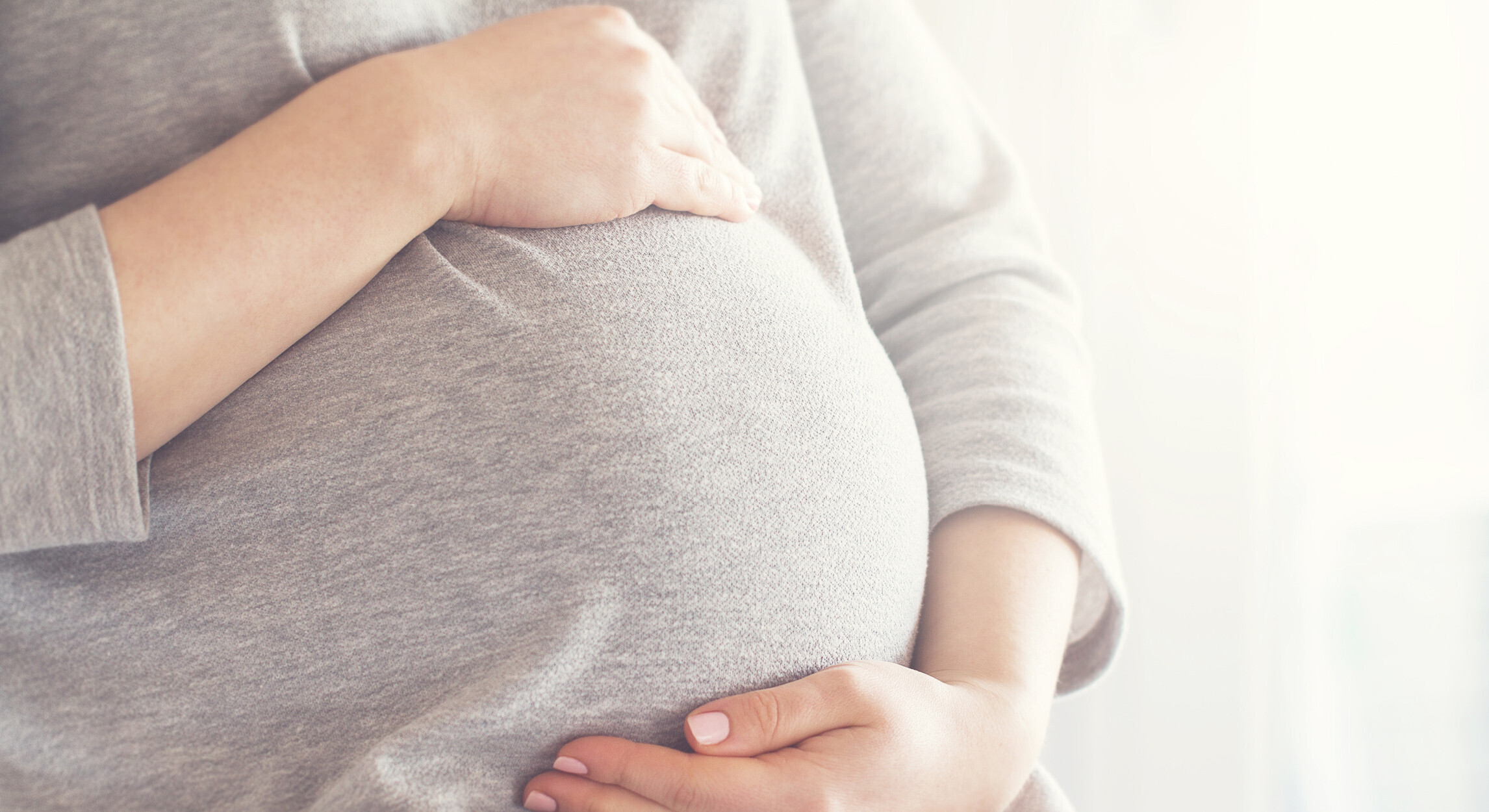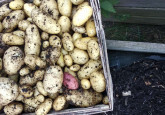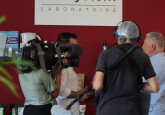People following a vegan diet consume no animal products whatsoever, which obviously includes meat, but also eggs, dairy products and all foods derived from the exploitation of animals. This diet does not necessarily present any health risks, as long as it is correctly established and balanced, but many pregnant vegan women worry about their child and fear that their fetus may lack certain nutrients. Fortunately, there are a number of food supplements that can help avoid deficiencies and guarantee a perfectly healthy baby.
Vegan pregnancy: a perfectly balanced diet!
At first glance, the vegan diet seems rather strict, as it excludes a large proportion of "traditional" foods. It's a real lifestyle that aims to boycott the exploitation of animals on a large scale: only plant-based food, choice of products not tested on animals, refusal of materials such as wool or leather... A vegan diet therefore only includes fruits, vegetables, seeds, oilseeds and plants, but doesn't necessarily imply deficiencies if it's accompanied by the intake of certain food supplements. Pregnancy, however, is a special time, during which the mother must feed her fetus so that it can develop properly, and many vegan women worry about their child. While it's true that nutritional needs increase during this period, this phenomenon applies to all pregnant people, and an adapted, supervised vegan diet does not entail any major risks.
First of all, the American Dietetic Association states that "well-designed vegetarian (including vegan) diets are healthy, nutritionally adequate and may be beneficial in the prevention and treatment of certain diseases. Well-designed vegetarian diets are appropriate for all stages of life, including pregnancy, breastfeeding, infancy and adolescence, as well as for athletes." Pregnant and vegan women can therefore rest assured, it seems perfectly possible to combine their lifestyle and pregnancy. To ensure that everything goes smoothly, it's best to be cautious, taking regular blood tests to make sure the baby isn't lacking anything, and finding out about the food supplements indicated for a safe pregnancy.
5 food supplements for a safe vegan pregnancy :
There was a time when fruits and vegetables naturally contained vitamin B12, but since mass farming uses a lot of pesticides, plants no longer contain it, and this vitamin, essential to the body, is now only found in meat. Vegetarians and vegans therefore need to supplement their diet with vitamin B12 to avoid any major deficiencies. This dietary supplement can be dosed in different ways: 10 micrograms a day, 2,000 micrograms once a week or 5,000 micrograms once every two weeks. The advantage for pregnant vegan women is that they can maintain their usual dosage throughout their pregnancy.
A well-balanced, all-plant diet may be sufficient to cover all vitamin B9 needs, also known as folic acid, even during pregnancy and breastfeeding. Folic acid is involved in the formation of red blood cells and the proper functioning of the nervous and immune systems. It is found naturally in many fruits, radishes, beet, split peas, green vegetables, asparagus and lentils. Many pregnant women, whether vegan or not, take folic acid supplements when they are basically deficient, as vitamin B9 requirements increase during this period. The recommended daily intake is 400 micrograms for two months before conception and during the first month of pregnancy.
- Omega-3 :
As with folic acid, a balanced diet can contain sufficient omega-3s to ensure a healthy pregnancy. However, it's worth pointing out that omega-3s come in two categories: short-chain ALA (Alpha Linoleic Acid) and long-chain EPA and DHA. While the former are found naturally in flax, rapeseed, walnut, hemp and chia oils, the latter are found mainly in certain seaweeds and oily fish. The human body can, however, transform ALA into EPA or DHA on its own, but as needs are greater during pregnancy, it makes more sense to supplement in order to avoid taking risks. In terms of dosage, vegan pregnant women are advised to take 4 micrograms of ALA a day to meet their needs.
Iron deficiency is one of the most common human ailments, whether vegan or not, so many people frequently supplement with iron. However, iron in the non-heme form found in plants is less well absorbed by the body than iron in the heme form found in meat. To ensure the health of the fetus, pregnant vegan women can therefore combine foods rich in vitamin C with others rich in iron, to facilitate its absorption, and avoid tea or coffee, which have the opposite effect. Iron is therefore a vegan dietary supplement often used during pregnancy, and it is generally recommended to consume 30 micrograms per day.
During pregnancy, iodine requirements increase by around 15%. Pregnant women, whether vegan or not, therefore often have a certain imbalance, which can be compensated for with dietary supplements. Iodine is naturally present in many seaweeds, but its concentration can vary, so it's best to opt for a supplement that provides the same daily dose. An overdose can be harmful to the foetus. According to ANSES, pregnant women can consume 200 micrograms of iodine a day to ensure their health and that of their baby.










